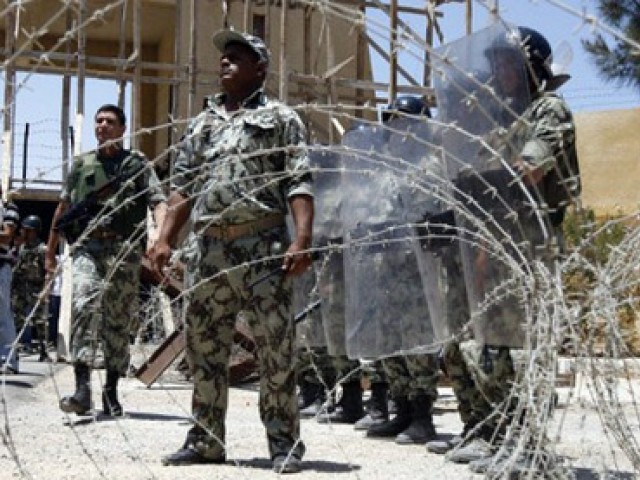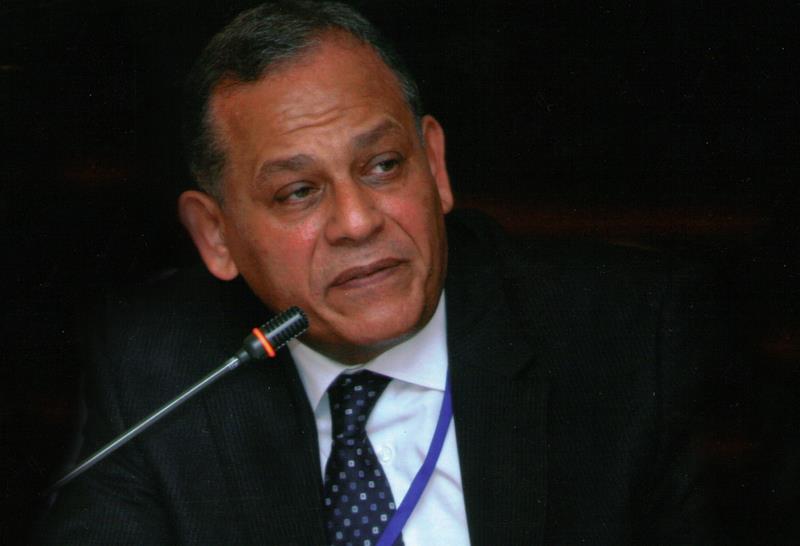WASHINGTON DC: As she prepares for her role as Secretary of State, Senator Hillary Clinton and the rest of the Obama foreign policy team should consider how a new American-Iranian relationship might advance American interests in Iraq and Afghanistan, and conceivably even the Arab-Israeli peace process.
This will not be easy. Since the Iranian Revolution, 30 years have passed without formal diplomatic relations or any sustained dialogue between Washington and Tehran, and mutual suspicion remains entrenched.
Iran readily recites actions such as our support of Saddam Hussein during the Iran-Iraq war in the 1980s, and the congressional appropriation of funds to advance democracy in Iran, as evidence of America’s intent to overturn the Iranian regime and meddle in Iranian affairs.
Americans meanwhile have bitter memories of Iranian students seizing the US Embassy and its personnel in Tehran in 1979, Iran’s suspected role in hostage-taking in Lebanon during the 1980s and 1990s and supplying weapons and training to select Iraqi and Lebanese groups.
But few Americans recall how the Iranians were helpful to the United States in Afghanistan after our invasion in 2001 in actively supporting the Bonn conference agenda to help rebuild the new Afghan state, and in supporting the Afghan parliament’s endorsement of Hamid Karzai as its president.
So just as important as changing Iranian attitudes, American attitudes about Iran must also change. We have gotten into the habit of thinking about the Middle East as if it were “America’s backyard and casually deny the interests of other states, including Iran, in their own neighborhood.
This is one reason why Tehran befriended the whole range of Iraqi Shia parties, creating internal strife and adding potential complications to US military withdrawal. Iran has also built its influence in Syria, Lebanon and Gaza through arms supplies, training and economic investments.
Its patronage of the Lebanese Shia party Hezbollah, helped develop a militia force that was able to hold its own against the Israeli military in 2006 and has faced down the Lebanese government since then. Iran’s similar relationship with Hamas has brought about further complications in the Arab-Israeli conflict, dividing Palestinian unity (we too have done our share of dividing the Palestinians).
The Iranian nuclear program and President Mahmoud Ahmadinejad’s threatening rhetoric have worried the west and the Arab world and persuaded many Israelis that Iran constitutes their gravest existential challenge.
In sum, Iran is in a position to activate elements opposed to an Israeli-Palestinian accord or a Syrian-Israeli peace settlement, and generally to raise the temperature between Israel and its neighbors. Conversely, it is also in a position to help calm tensions and open the way for solutions to be found.
The Bush administration has focused its Iran policy on the nuclear issue and has pushed for sanctions, only lately adopting the approach initiated by European allies to encourage Tehran to open up its nuclear program to rigorous inspections. But this combination of carrots and sticks so far has not produced a positive response and the Iranian nuclear program has reportedly developed more quickly than appeared possible just a few months ago.
Sanctions already imposed on Iranian banks and other interests have damaged the country’s growth rate and thereby the general public – which has been largely sympathetic to Americans even if not toward its government – more than they have hurt the regime. Similarly, the use of force against Iran by the United States and its allies would likely create more problems than it would solve.
There are several ways to signal our interest in a new approach. To broaden educational exchanges is one, sporting events another. The official dialogue itself should start between lower-level officials but the Iranian officials involved must be clearly identified as licensed to speak on behalf of their government.
The negotiations must not be half-hearted approaches simply to create the appearance that “we have tried , and then claim to have no choice but to return to previous adversarial policies.
For Washington to sustain an American-Iranian dialogue will at some point require that Iran drop its threats against Israel and affirm its readiness to support a future settlement between the Palestinians and Israelis.
However, Washington cannot expect this or other Iranian policies to change as a precondition of our dialogue with Tehran.
On the other hand, Iran will predictably seek far-reaching changes in US policy towards Iran and the region as a whole. Whether or how to provide these policy changes will only become clear once engagement is underway.
The road to improved US-Iranian relations will be rocky but the possible mutual benefit to both American and Iranian interests is evident. The time to start is now.
Ambassador Richard W. Murphy is an adjunct scholar at the Middle East Institute in Washington. He has served as US Ambassador to Syria and Saudi Arabia and as Assistant Secretary of State for Near Eastern and South Asian Affairs. This article first appeared in Washington Post/Newsweek’s Post Global and was written for the Common Ground News Service (CGNews).



